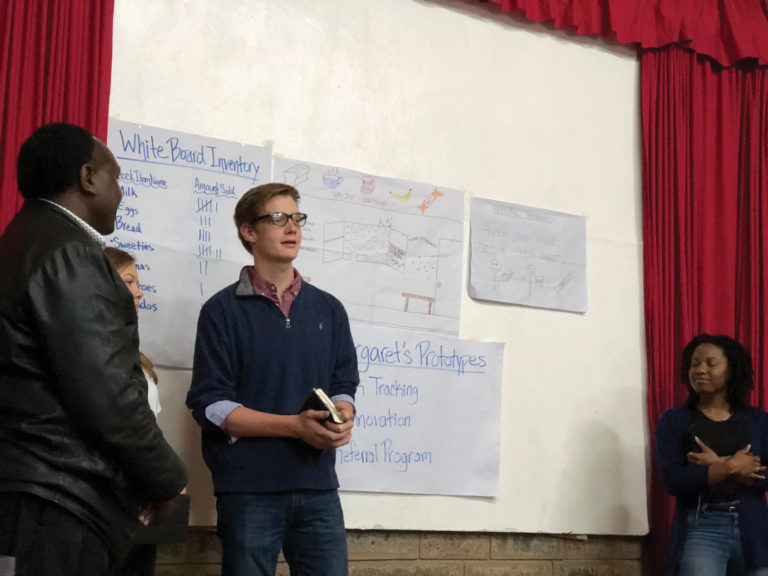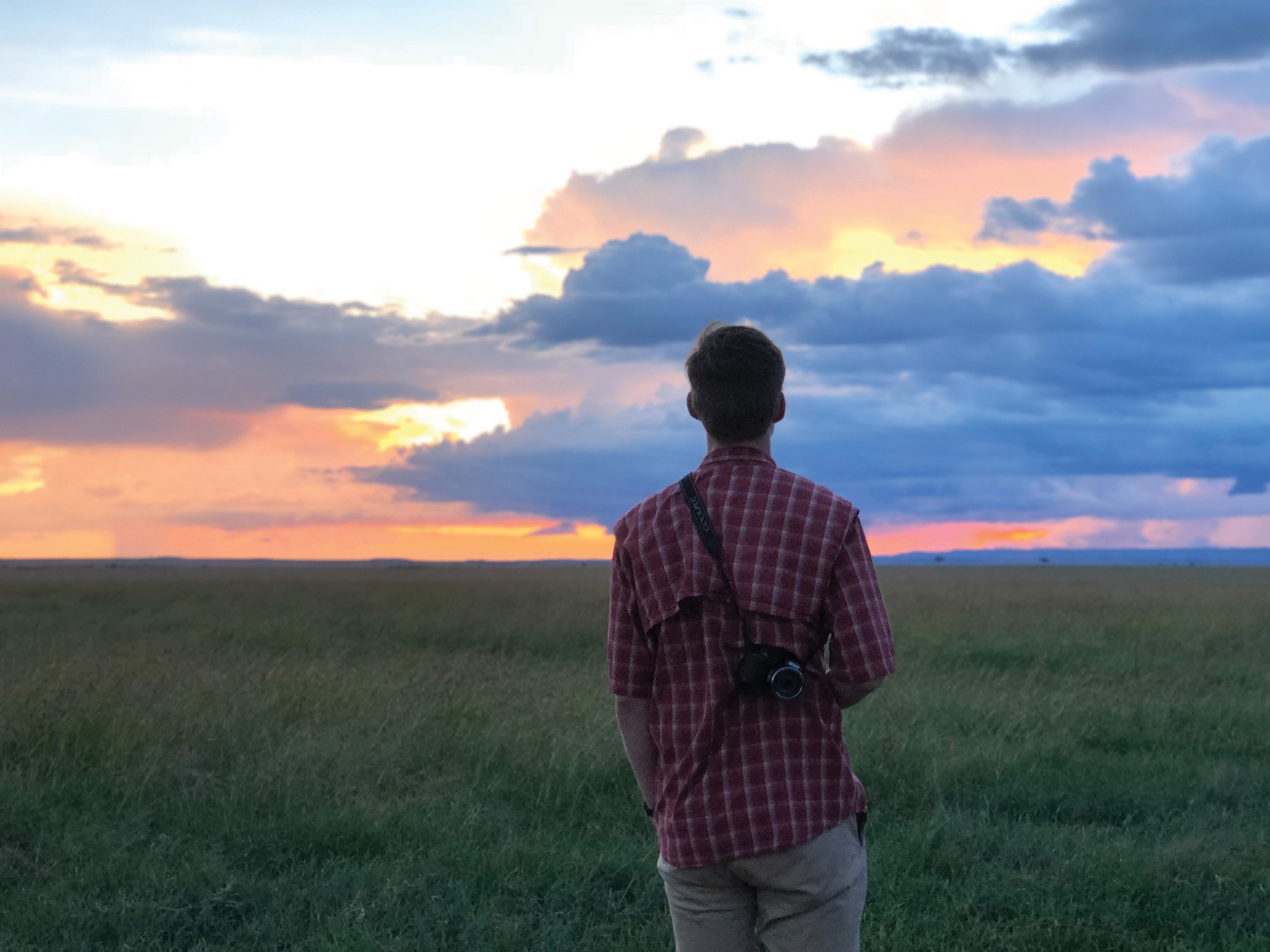By Shawn Ryan
Austin Holdsworth was a freshman at UT Chattanooga when his brother died. Heroin killed him. He was 24.
“He had a long battle with his addiction,” Holdsworth says. “Throughout his battle, I met so many others that were fighting the same fight as him: people I came to love as friends and family, even after my brother’s death. And so many of them seem to be just disregarded and judged by the world. And so many of them have also lost their lives over the last few years.”
Those experiences, those people and the lessons he learned drove Holdsworth, now a senior in marketing and entrepreneurship, to reach out to Students for Opioid Solutions, a grassroots organization that started at the University of Alabama. After a few conversations, he was asked to start a chapter at UTC. He agreed and now is campus captain for S4OS, its abbreviated name.

The Centers for Disease Control and Prevention say 3,165 Americans younger than 24 died from opioid overdoses in 2015, nearly double the number from 2005. The number of opioid-related emergency-room visits by the same age group rose from 52 per 100,000 patients in 2005 to 97 per 100,000 in 2014, according to the U.S. Department of Health and Human Services. “These are our friends and classmates, and they are dying in an epidemic that seems to be getting worse every year,” Holdsworth says.
There have been no recorded deaths of overdoses on campuses in the University of Tennessee system, “But should we wait until it happens to change the way we handle it?” he asks.
“Unfortunately, at this point, it is just a matter of time until the same heartbreak that has reached hundreds of other college campuses reaches us here in Chattanooga.”
Tennessee is one of the worst states in the country for opioid deaths. West Virginia leads the nation with 52 deaths per 100,000 persons. Tennessee ranks 15th with 24.5 deaths per 100,000 persons, according to the Centers for Disease Control and Prevention.
“To me, the most concerning part about this epidemic is that this is a problem that knows no single demographic,” he says. “It reaches across all ages, races and income levels. You can come from the wealthiest family and still have an opioid-related death dismantle your world. You could come from political power. It could still happen.”
He began to bang the drum as loudly as he could for S4OS once he returned from his summer trip to Kenya, where he was part of a project that helps HIV-positive business entrepreneurs by covering medical costs, fighting the HIV stigma and teaching business skills.
Before he left for the study-abroad trip, he discussed creating an official chapter at UTC group with school officials and has had “nothing but support thus far.”

Tricia Henderson, assistant director in the Office of the Dean of Students, says UTC has a set of required steps for setting up a student group, and final permission must come from the Student Government Association. But she is in favor of a group like S4OS at UTC.
“As an institution, we continue to work toward the prevention of alcohol and other drug issues, and I look forward to working with Austin and any other students interested in the prevention and education related to opioid issues,” she says.
Holdsworth acknowledges that the average college student is only marginally aware of the scope of the opioid epidemic. Only those who’ve had a personal experience with it have a good grasp of the problem, he says.
“You could educate your kids on the risks of drug use for their entire childhoods, and yet it could still happen,” he says. “I’ve seen this happen again and again to so many different families, and I have had enough. This is my way of trying to give back.



